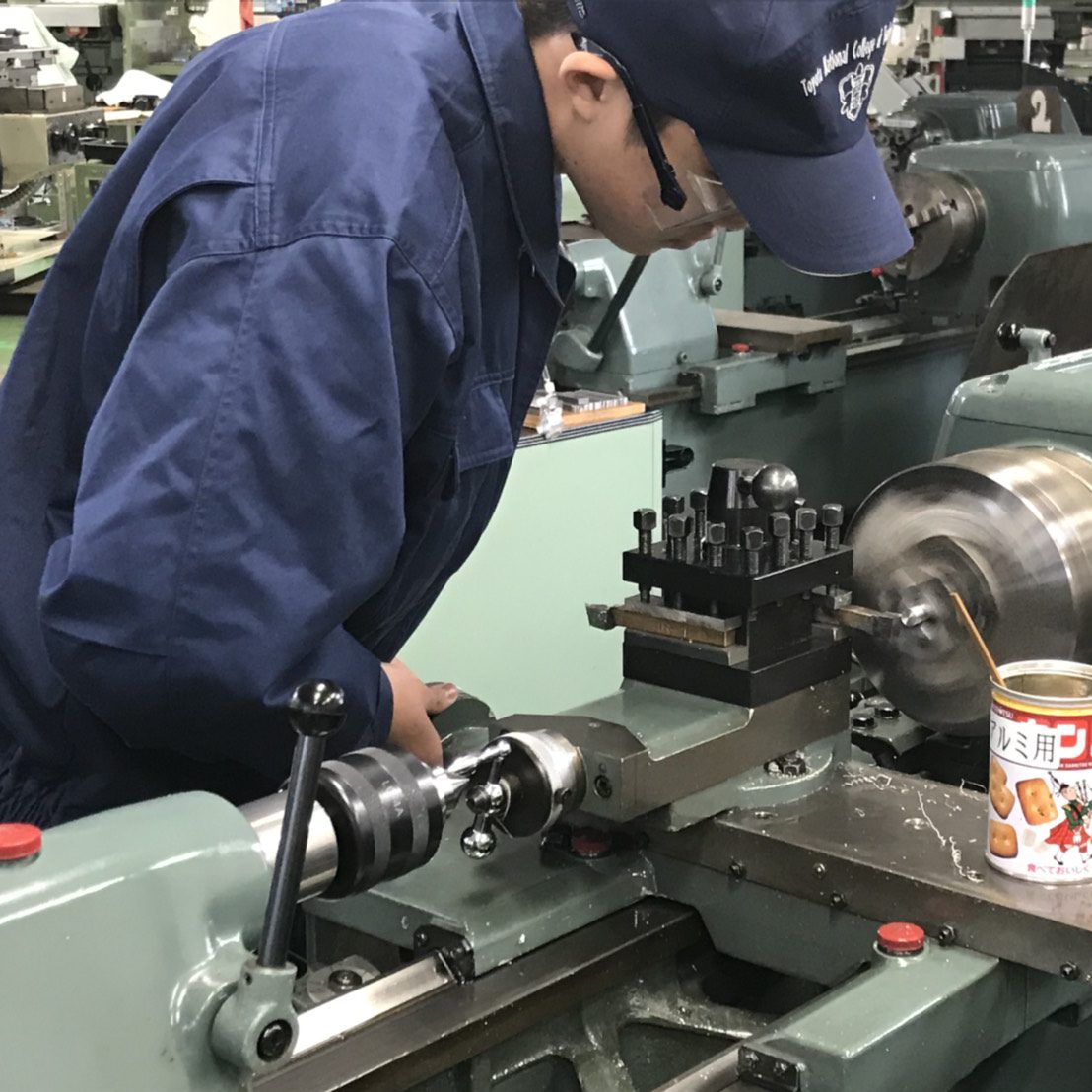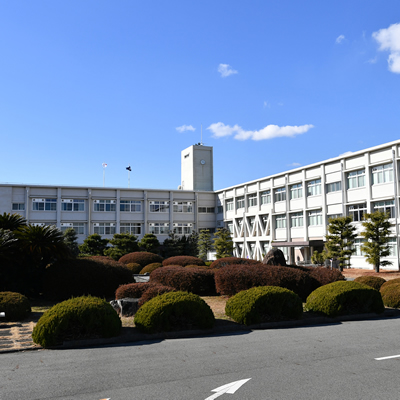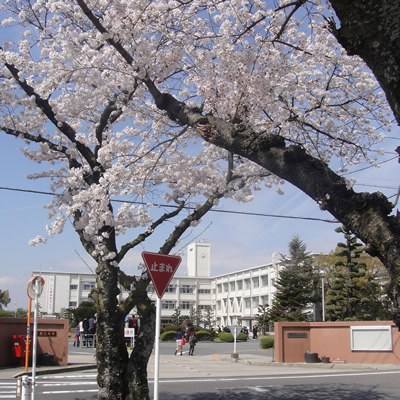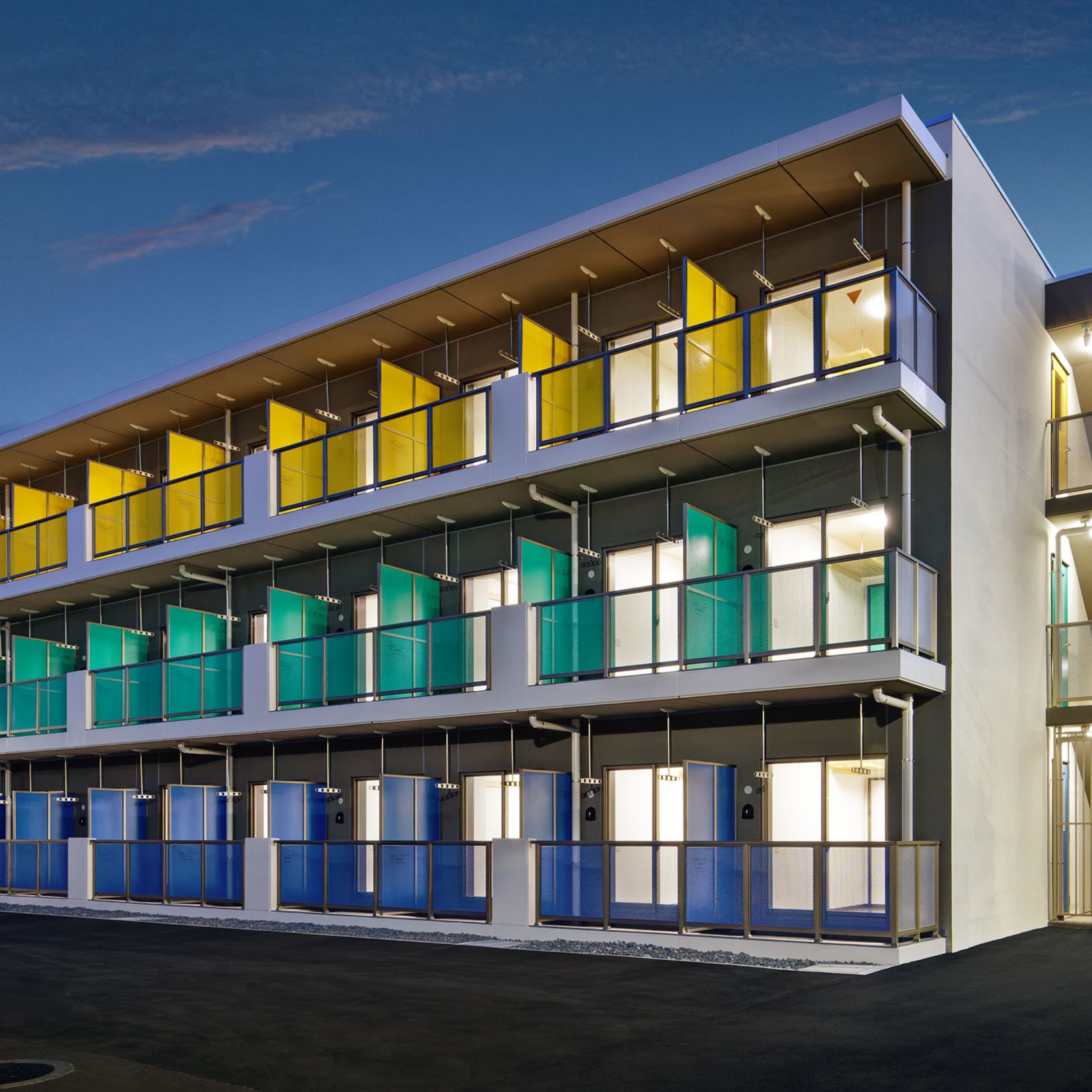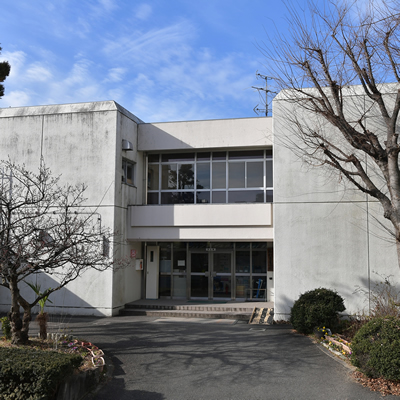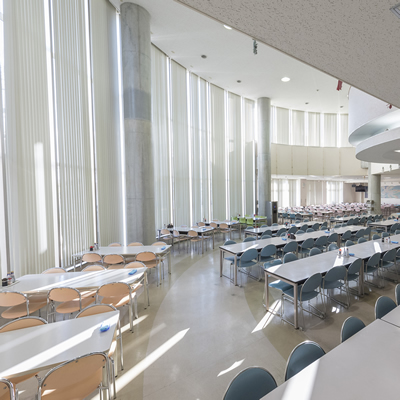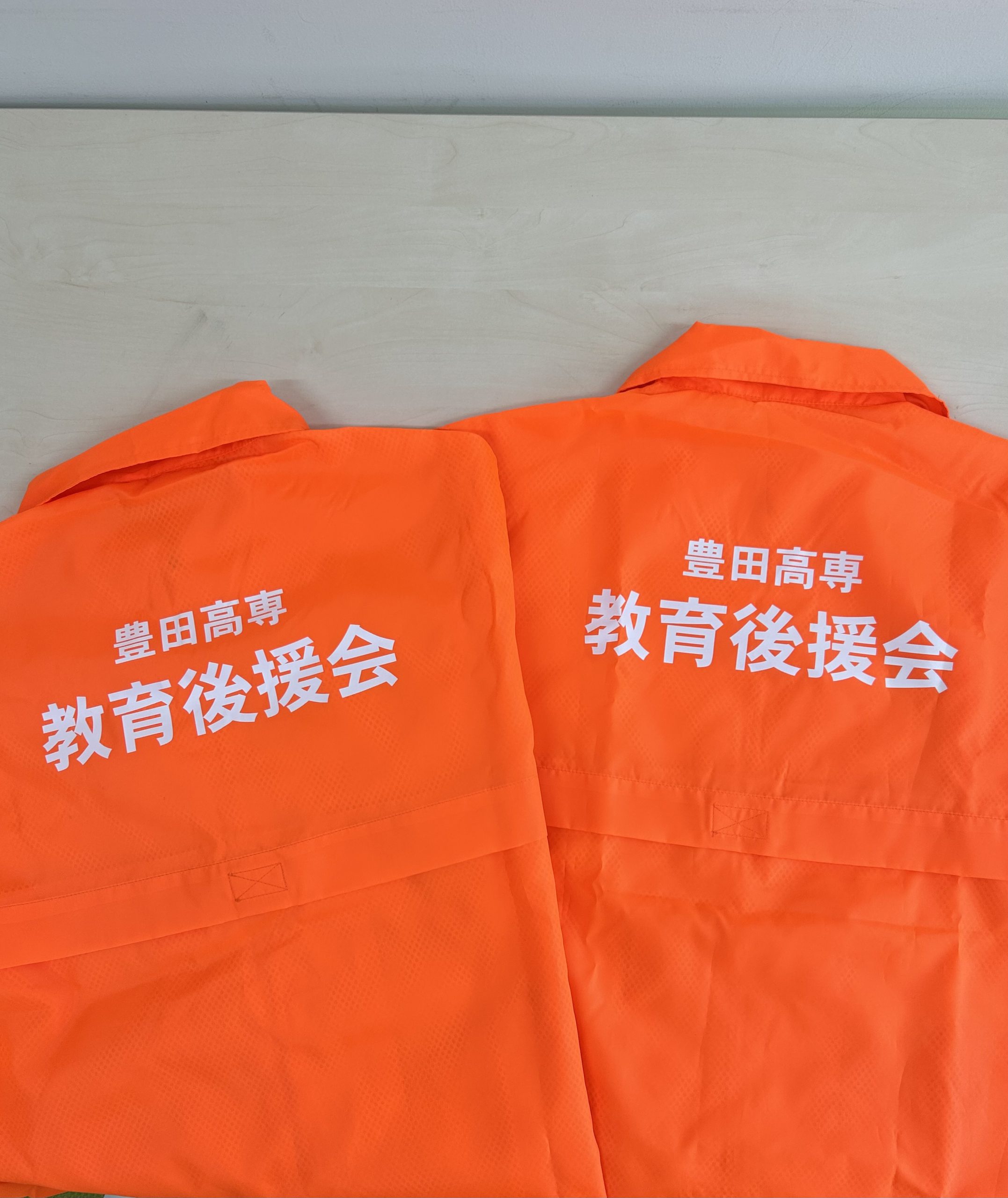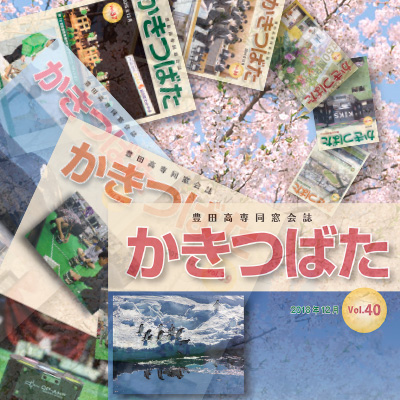Overview of the Education Improvement Promotion Office
Toyota National College of Technology has established the Education Improvement Promotion Office to promote educational improvement and improve the quality of teachers (FD: Faculty Development). The Educational Improvement Promotion Office is an organization under the direct control of the principal and consists of one head of the office (teachers), one faculty member of the general department, five faculty members of specialized departments (one from each department), and one full-time administrative staff
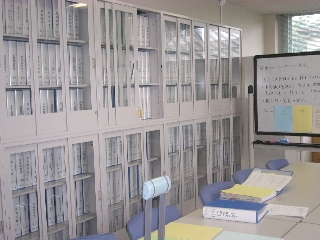
Main duties of educational support
The Education Improvement Promotion Office
- Planning and drafting of educational improvement plans
- Measures to implement the Education Improvement Plan
- Evaluation and restructuring of educational improvement plans
- Improving the quality of teachers
- Storage of performance evaluation materials related to accreditation and examination by external organization evaluation, etc. collected by each department, etc.
In addition to showing improvement items to faculty members, my job is to propose improvement measures to various committees at Toyota National College of Technology.
Implementation status of educational improvement work
1. Improving the quality of teachers
- Class Evaluation Questionnaire
We have been conducting class evaluation questionnaires by students for all subjects since the 12th academic year. The evaluation items are the level of understanding and interest of the students, the level of understanding of the instructor, class preparation, enthusiasm, etc. The evaluation results are published on campus to faculty members and students.
FD Symposium and FD Seminar
We have been holding FD Symposiums 1~2 times a year since the 17th academic year, in which our teachers provide topics related to educational improvement. Since the 20th fiscal year, it has been held every other year along with the FD seminar. We also invited a professor from outside to give a lecture. Topics covered include:
| year | Symposia/Seminars | Title/Theme |
| Reiwa 5th year | FD Seminars |
Exchanging opinions in groups based on case studies of motivation for learning
|
| Reiwa 4th year | FD Symposium |
Exploration of Teaching Methods as a Relationship Building a Teach-Learn Relationship
|
|
Reiwa 3rd year |
FD Seminars |
Provision of information and exchange of opinions from the speaker
|
|
Reiwa 2nd year |
FD Symposium |
Benefits and challenges of BYOD adoption
|
|
First year of Reiwa |
FD Seminars |
Use of Microsoft Teams for work and student guidance (Office 365 course intermediate)
|
| FD Small Seminar |
TOYOTA Round-Talk
|
|
| Heisei 30 | FD Symposium |
|
| Heisei 29 | FD Seminars |
Case reports and discussions on class management using ICT equipment
|
| Heisei 28 | FD Symposium |
|
| FD Small Seminar |
|
|
| Heisei 27 | FD Small Seminar |
|
| Heisei 26 | FD Seminars |
Based on the opinions of the dialogue with students
|
| Heisei 25 | FD Symposium |
|
| Heisei 24 | FD Seminars |
|
| Heisei 23 | FD Symposium |
|
| Heisei 22 | FD Seminars |
|
| Heisei 21 | FD Symposium |
|
| FD Symposium |
|
|
| Heisei 20 | FD Seminars |
|
| Heisei 19 | FD Symposium |
|
| Heisei 18 | FD Symposium |
|
| Heisei 17 | FD Symposium |
|
| FD Symposium |
|
- Open Week
Since the Heisei 18 academic year, we have been holding a class open week in either spring or autumn where teachers visit each other’s classes. During this period, all classes (except in cases of safety issues) are open to the public. Although it is not sponsored by the Education Improvement Promotion Office, a class visit week for parents is also held during the autumn school festival. In the 24th fiscal year, the public period was set to 2 weeks, and from the 25th fiscal year, the release period was set to 2 weeks in both spring and autumn, for a total of 4 weeks. - Teaching Method Support Tool for Young Teachers
We are developing a teaching method support tool for young teachers with little teaching experience. It has been operating on a trial basis since the 20th fiscal year.
2. Inspection and Evaluation of Education
- Inspection of the contents of the syllabus
We check the course outline, grading method, class content, and achievement targets, and ask them to make corrections if necessary. - Questionnaire for alumni, companies and universities
In order to have an external evaluation of our school’s education, we have been conducting a questionnaire for graduates five years since graduation every year since the 12th academic year, and we have been asking them to conduct a questionnaire to companies since the same year and a questionnaire to universities every three years from the 22nd academic year.
3. Collection and storage of educational materials
We keep copies of books, class records, exam answers, and assignments to serve as evidence for third-party evaluations by JABEE (Japan Accreditation Organization) and accreditation and evaluation bodies, as well as materials for improving teachers’ classes.
4. Proposals for Educational Improvement
- Introduction of external evaluation (introduction of TOEIC)
- Introduction of Extensive English Reading Classes
- Academic guidance that does not require F grades
etc.


